Are farmers the unsung game changers in fighting the climate crisis?
Agriculture is often blamed as one of the major contributors of greenhouse gases, but these farmers are looking for innovative ways to reduce their environmental impact and future-proof their businesses
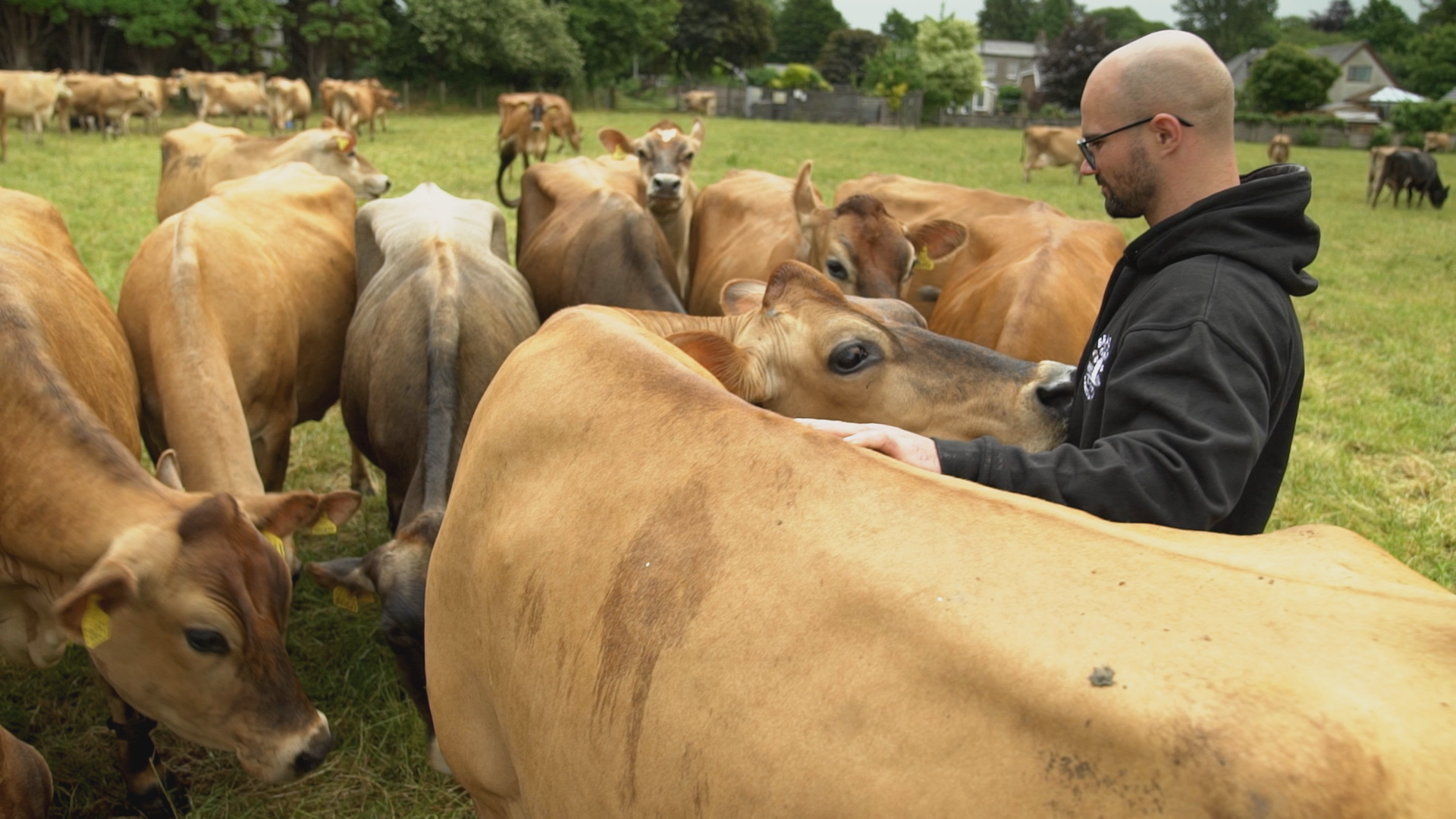
With a growing global population, spiralling production costs and a looming climate crisis, securing the future of food has never been more pressing. While farmers anchor our food systems, they’re also often blamed as a major contributor of greenhouse gases. However, agriculture can play a vital part in helping fight climate, food security and biodiversity crises; empowering farmers and enabling the farming sector to move further towards more sustainable practices is therefore crucial. With a third of the world’s food supply at risk from climate change, the entire food value chain must work together to find solutions to protect the future of food for our people and our planet.
Luckily, farmers around the world are up for the challenge, adapting innovative new technology and techniques and collaborating on initiatives to not only reduce their environmental impact but to future-proof their business for generations to come. A new documentary series, The Future of Food, captures some of the efforts being made by farmers globally to affect change. The film series, which premiered at COP28, has been made in association with the World Farmers’ Organisation (WFO), who represents over 1.2 billion farmers worldwide.
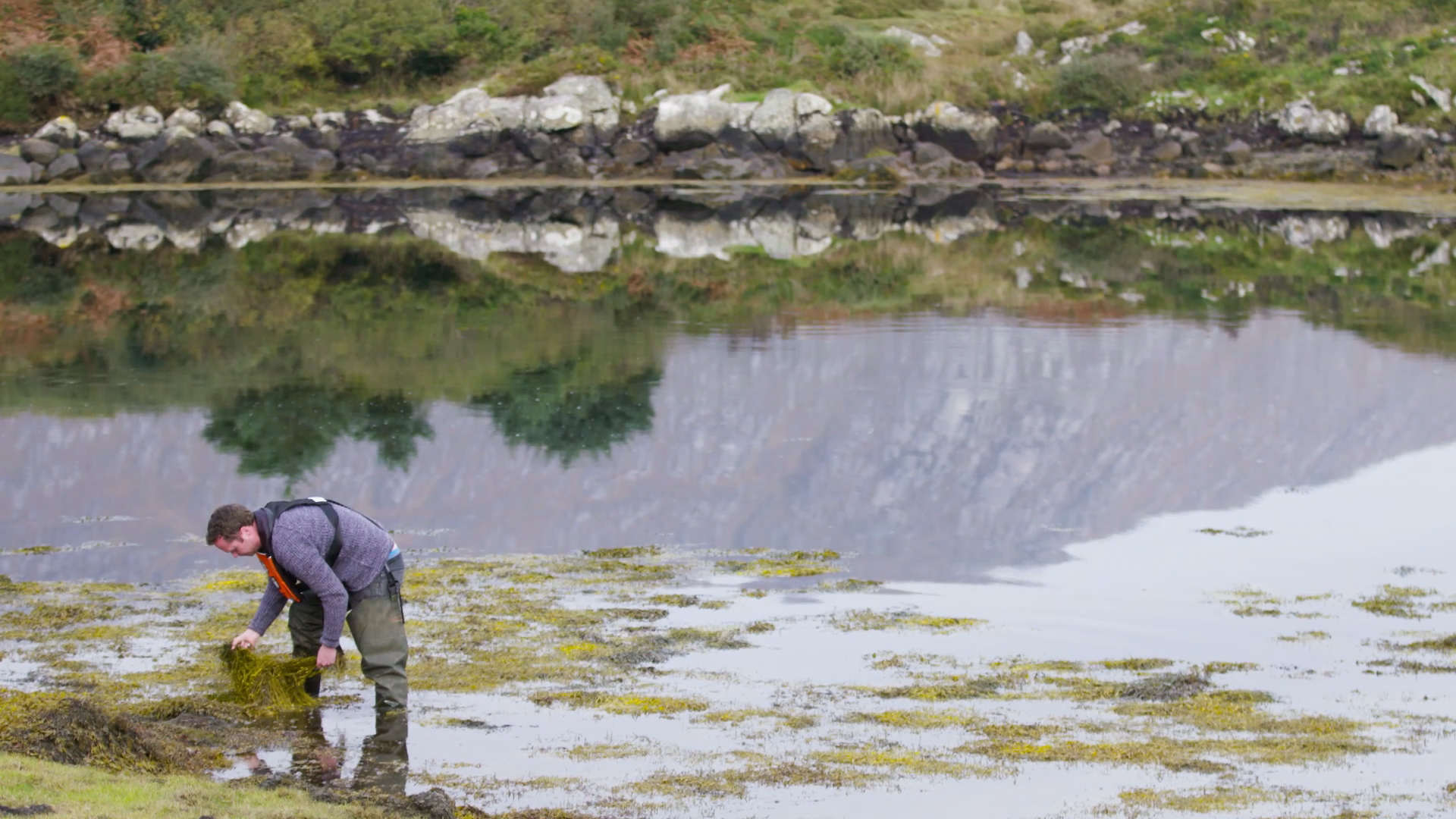
“We’re aiming to inspire a positive change, to encourage people to think deeply about the agricultural sector by promoting farmers’ best practices to mitigate and adapt to climate change while feeding the world every day in a more sustainable way,” says Mary Robinson, Vice-President of the WFO.
For the series of 16 videos, filmmakers visited farms in America, Abu Dhabi, Mexico, Canada, Australia, the UK and more. Some have been in operation for generations, others just a few years, but all share a commitment to making their farms more sustainable every day. This includes harnessing renewable energy, improving animal welfare and finding ways to reduce methane emissions in cattle.
One of the most pressing concerns is soil health. A combination of extreme weather conditions and human activities has degraded soils, damaging their ability to hold carbon and therefore increasing greenhouse gas emissions — as well as making it harder to grow crops.
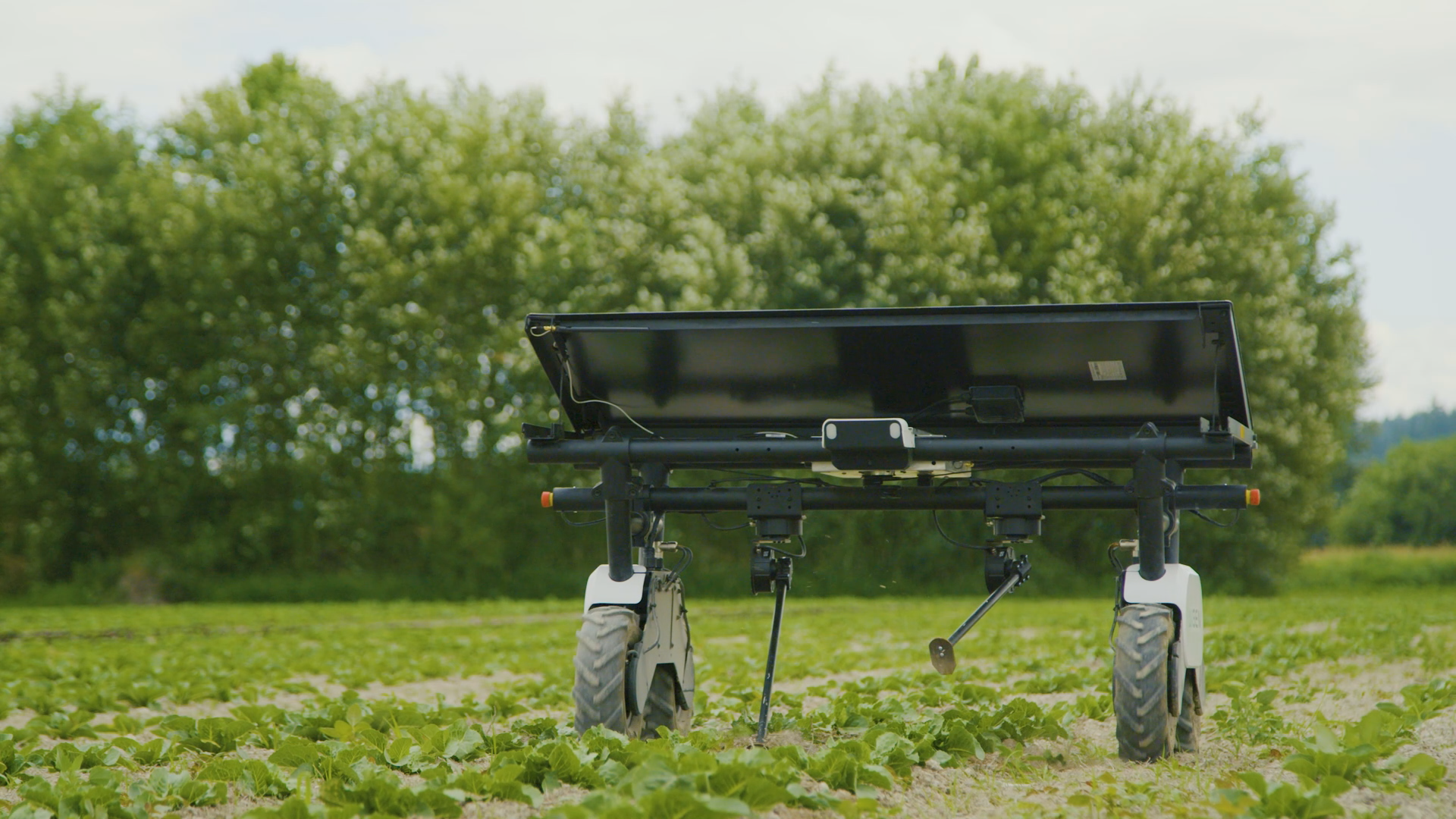
One film in the series examines how seaweed is being used as a regenerative resource to help farmers stimulate and protect crops. Another looks at how, in North Dakota, a farm is waging war on weeds with robots instead of chemicals. The solar-powered Aigen Element machine understands the difference between a crop and a weed and is 100% autonomous. “We use machine learning to identify weeds in the field, and then we have two-axis robot arms that, as the robot drives by, pull the weeds up out of the ground,” explains Rich Wurden, co-founder and CEO of Aigen.
Meanwhile, tomato farmers in Spain are also using technology to improve their yield. An app can give them real-time information on the threat of pests, allowing them to only use insecticides when necessary. Limited water availability is another issue, but farmer Luis Joaquin Sanchez explains how he can control the hydration systems from his phone. Advances like these give him hope. “As a farmer, I need to get a good yield and good crop prices to make my business sustainable over time,” he says. “I see a future for agriculture, and I would like to keep being a farmer. It is what I am, and what I love to do.”
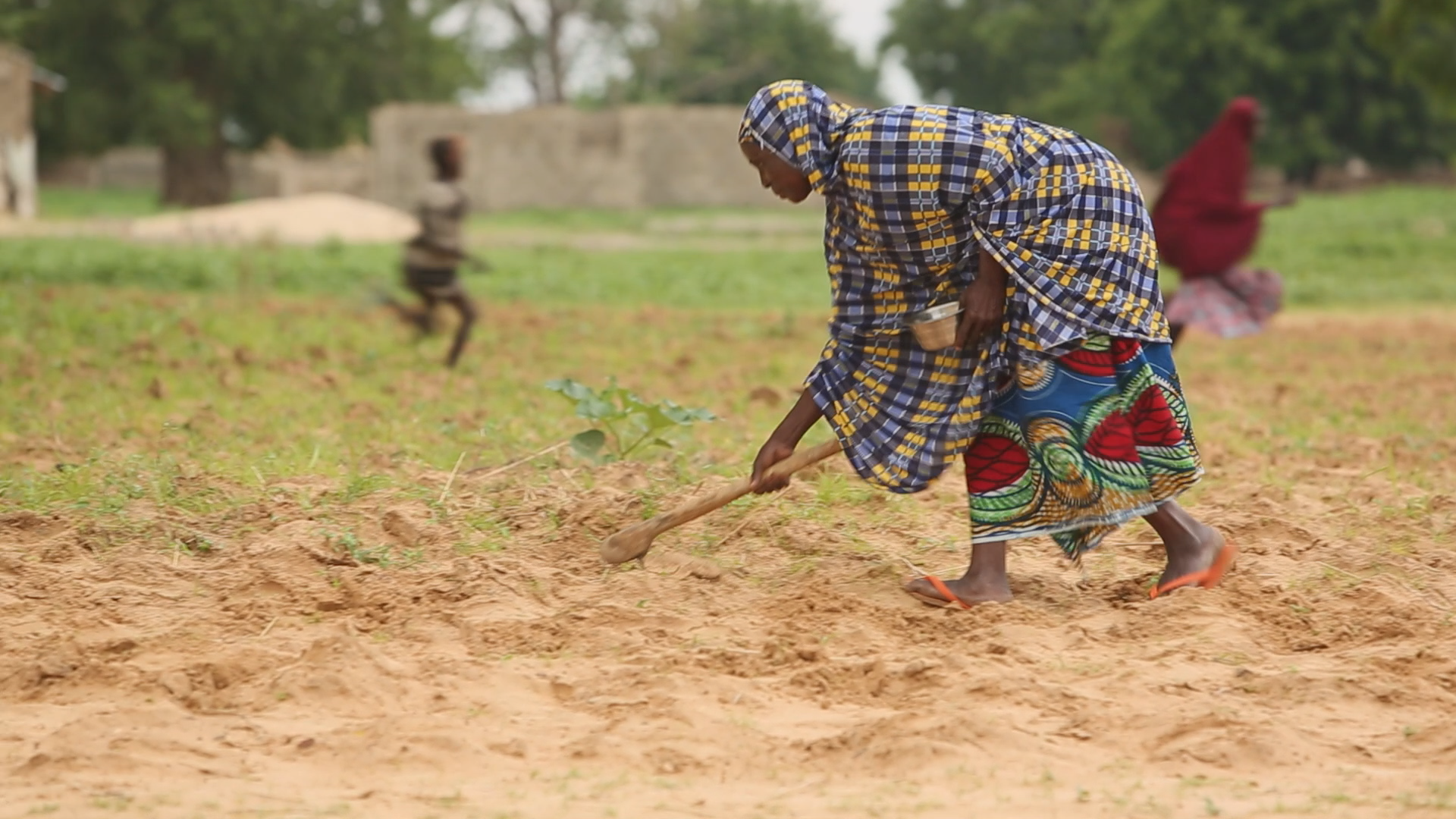
In the UAE, one producer has beaten the odds — and the extreme heat— to grow blueberries. Elite Agro Holdings has invested in smart greenhouse technology to protect crops from the harsh climate. But they don’t just use technology for their own benefit, they also spread their knowledge, providing training to rural African communities on sustainable growing methods. They’ve also developed a “smart farm”, a portable piece of kit that can operate off the grid using solar energy, powering a cold store and irrigation system.
Biosecurity is another urgent concern for farmers, with diseases an ever-present threat to crops and livestock. In 2022 alone, an estimated 131 million birds were lost to avian flu.
Josh Watson of Oakwood Eggs in Bedford, England, says avian flu would be a complete disaster for their farm. “You wake up every day and think ‘I hope nothing ever happens to us’,” he says. “Biosecurity is the biggest thing you can now focus on.” He’s using an app developed by Livetec Systems that alerts farmers of potential risks. “It’s always tracking where avian flu is,” says Watson.“It warns people what is going on, and that’s what we need to know.”
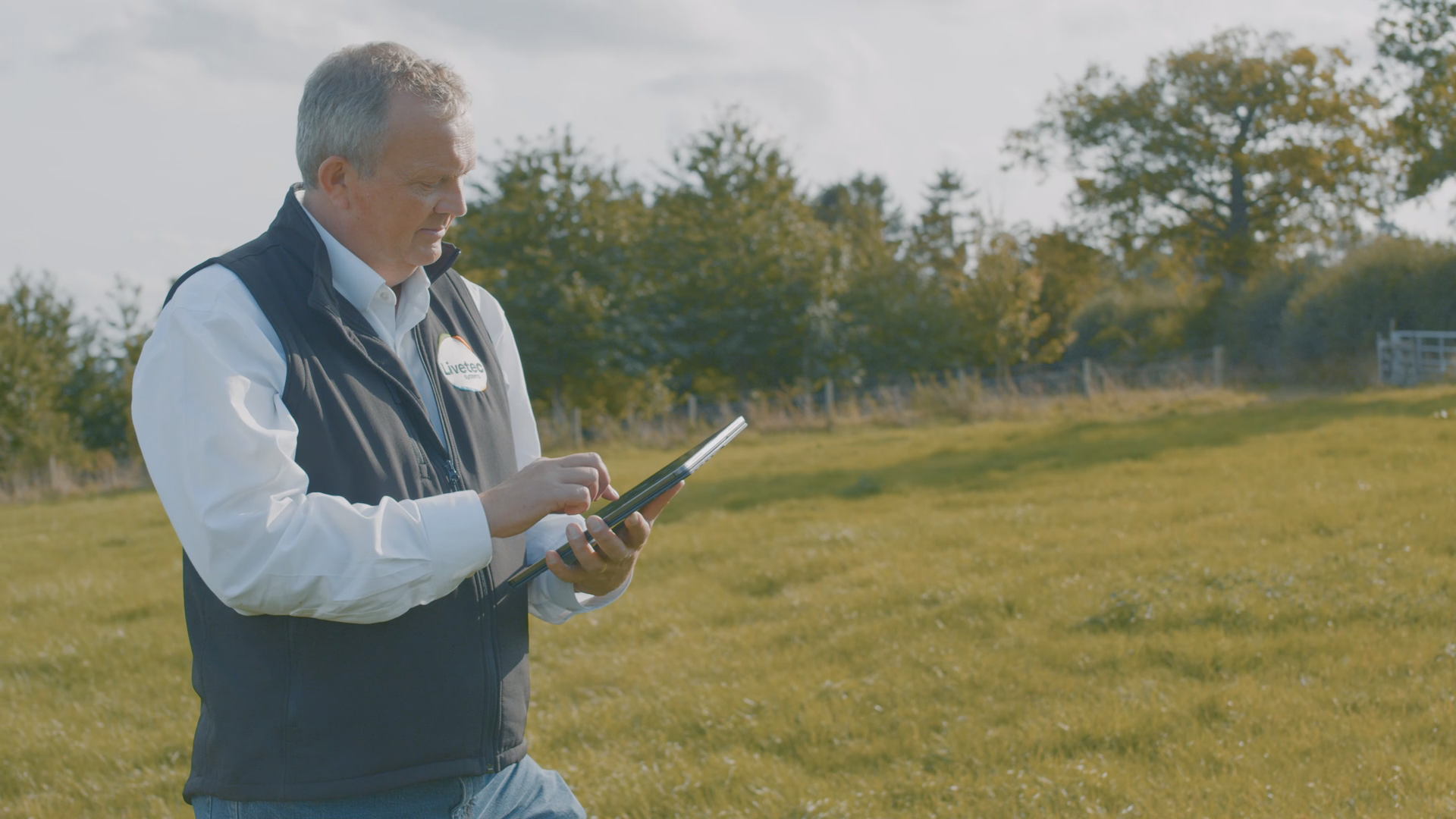
Another film in the series visits Colborn Farms in Canada, a fifth-generation family farm. Shawn Colborn hopes it will remain in the family, and his 16-year-old daughter Cadence is already learning the ropes. “The folks before us did a really good job of adapting technology and changing and allowed that foundation to be passed to the next generation for growth. And that is our goal, to get it to the next generation.” He thinks the future will involve increased use of artificial intelligence — which he hopes will also make farming a more attractive career prospect for future generations. “We need to create an environment that when people are looking at employment, that maybe working on a farm is something that’s pretty cool and that they want to do, because of the technology that they offer.”
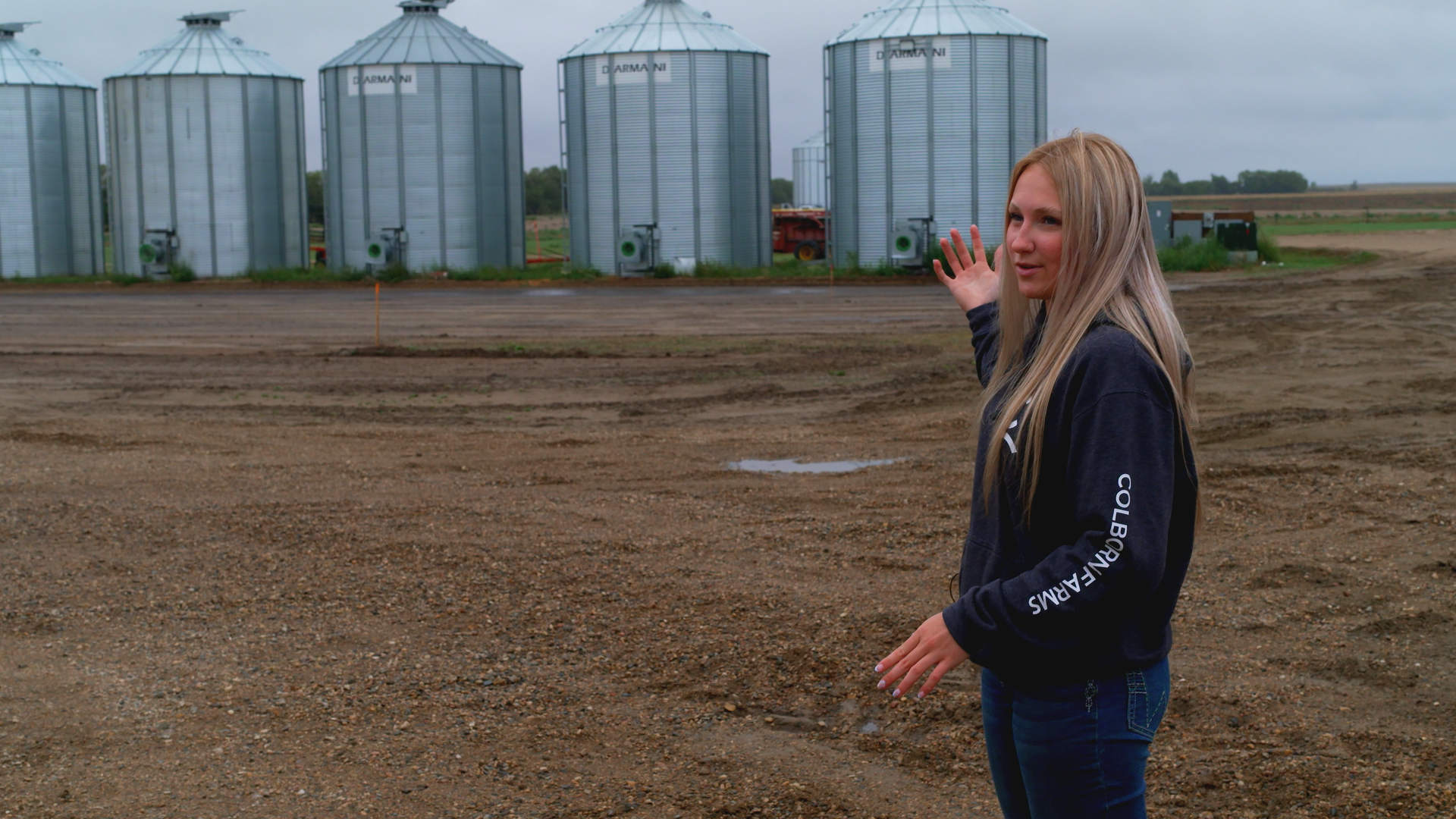
The agricultural industry is facing monumental challenges, but as the Future of Food series shows, farmers, who are innovators by nature and necessity, are embracing it head-on, working together and sharing knowledge to find new, sustainable solutions for food production.
“It’s really important for farmers to be part of the solution to climate change,” says Ed Towers, a dairy farmer at Brades Farm in Lancashire, who has reduced emissions by 30% by using innovative new cattle feeds. “We wanted to run a sustainable business. We didn’t want to run a business and make money but then to look back over our lifetimes regretting what we’ve done because we’ve had a negative impact on the planet whilst doing it.”
